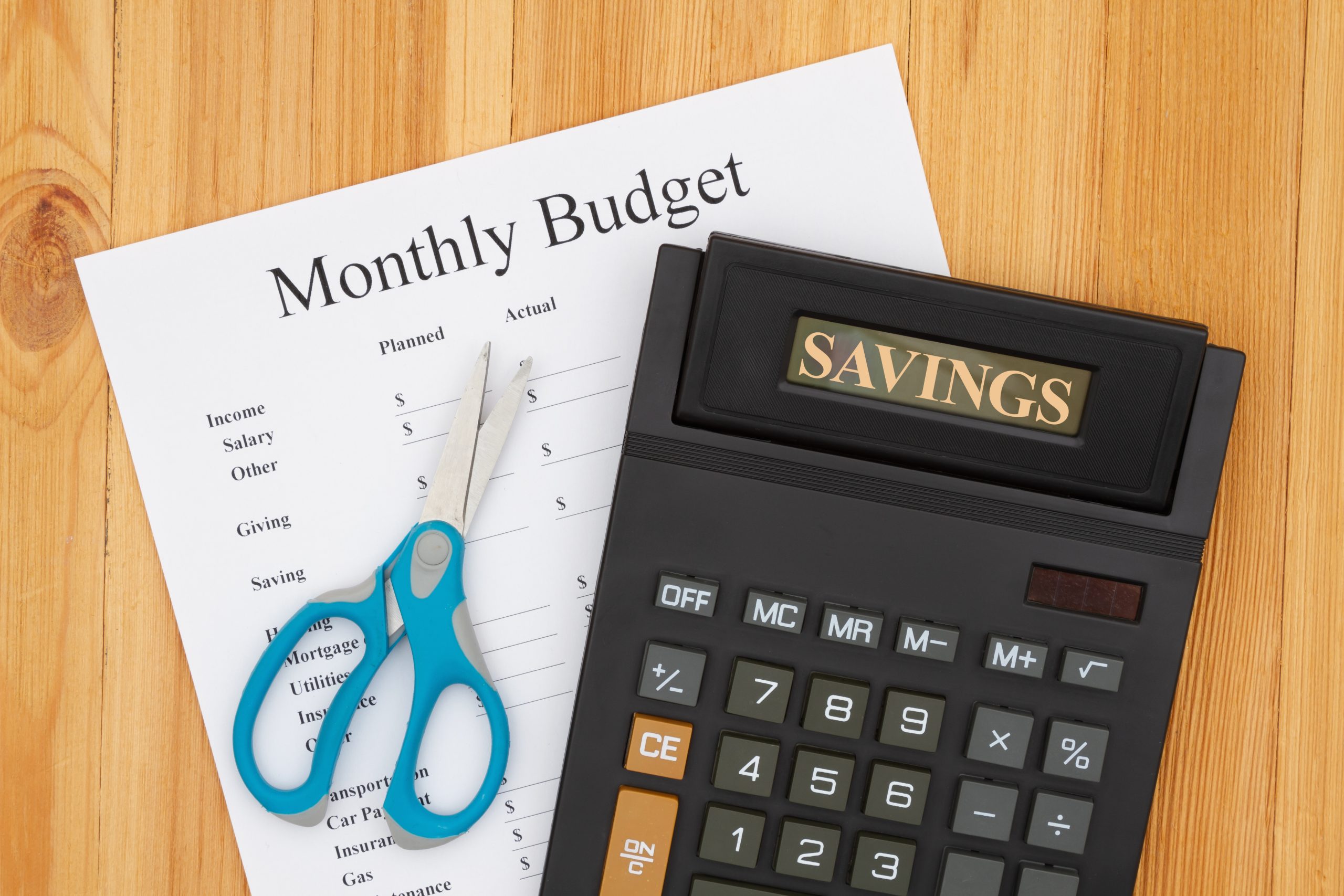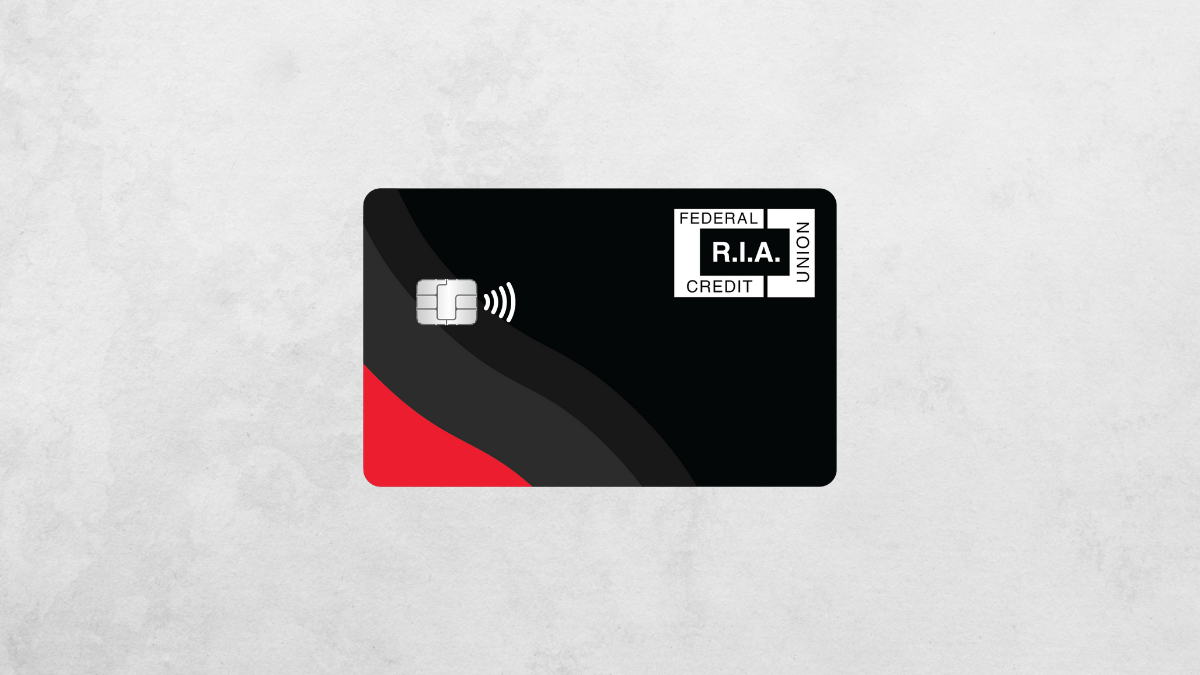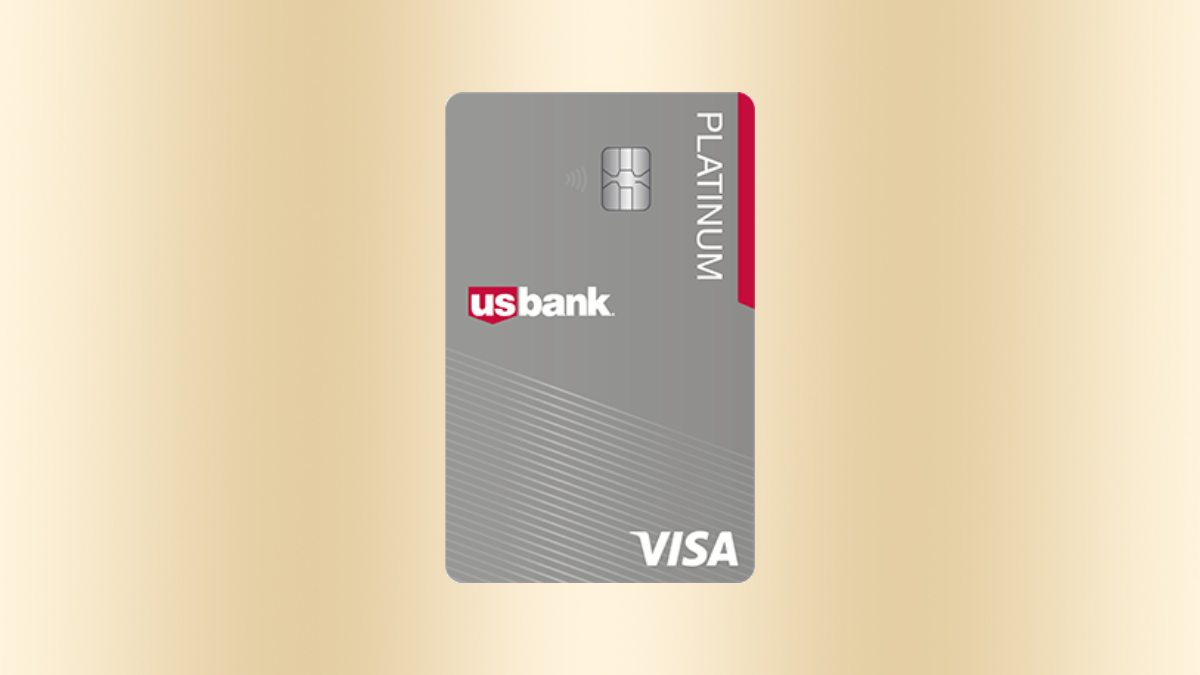Financial Education
How to create a weekly budget that works for you in 10 steps
Creating and sticking to a weekly budget can be tough, but it's not impossible. These 10 tips will help make it easier for you! Read on!
Advertisement
Make the most of your money with a weekly budget plan

Whether you’re saving for a new car, planning a vacation, or just want to get your finances in order, creating a weekly budget can help you reach those goals.

How to budget for an apartment
Are you ready to live your best life in the perfect apartment? Make sure you learn how to budget for an apartment realistically. Keep reading and learn!
A weekly budget plan is an effective way to stay on track with your money. Let’s break down how to create a weekly budget that works for you in 10 simple steps.
You will be redirected to another website
You’ll receive messages for less than 1 week, with a maximum of 1 message per day. You can unsubscribe anytime by replying STOP. By submitting this form, I confirm that I am 18+ years old and agree to the Privacy Policy and Terms and Conditions. I also provide my signature, giving express consent to receive informational messages via automated emails, SMS, MMS text messages, and other forms of communication. Message frequency may vary as part of our good-faith effort to respond to your inquiry. Message and data rates may apply. Text STOP to cancel. I understand that my consent to receive communications is not a condition of purchase and that I may revoke my consent at any time.
Advertisement
10 simple steps to creating a weekly budget and sticking to it
Weekly budgeting is one of the most effective ways to create an organized and efficient budget method.
This strategy is especially helpful because humans naturally organize their lives every week.
By reviewing income, expenses, and other financial commitments every week, people can easily track their progress and ensure they stay within their weekly budget.
This approach makes it easier to disable bad spending habits over time since weekly evaluations allow individuals to address mistakes before they become too costly.
In essence, weekly budgeting gives people a better idea of where and how they are utilizing their funds. So check out our tips to create your weekly budget!
1. Determine your monthly income
The first step to creating a weekly budget is to determine your income.
This includes all money you regularly receive, such as your salary, wages, tips, commissions, child support, alimony, and other forms of income.
Once you have determined your income, you can allocate it toward your various expenses.
Advertisement
2. Figure out your weekly income
Once you have written down all your income sources, it’s time to figure out your weekly income.
Simply add up all of the sources of income and divide them by four (or however many weeks there are in the month).
Example: If you earn $1,000 monthly, your weekly income will be $250.
This will give you your weekly take-home pay.
3. Make a list of all your expenses

Now that you know how much money you make weekly, it’s time to figure out where that money goes!
Make a list of all your expenses, including rent/mortgage payments, car payments, insurance premiums, groceries, utilities, entertainment costs, etc.
Here is an example:
Advertisement
Housing
- Rent or mortgage;
- Home Insurance;
- Property taxes;
- Utilities (electricity, gas, water, sewer);
- Trash and recycling.
Transportation
- Car payment;
- Auto insurance;
- Gasoline;
- Public transportation costs (bus, train, etc.);
- Parking fees and tolls.
Food and Groceries
- Grocery bills;
- Eating out at restaurants;
- Coffee shop expenses;
- Alcoholic beverages.
Bills
- Cell phone;
- Gas;
- Power bill;
- Water bill;
- Internet.
Saving
- Emergency fund;
- Medical savings;
- Education savings;
- Vacation savings.
Don’t forget irregular expenses such as annual car registration fees or tax payments.
4. Calculate the weekly cost of your expenses
Once you have compiled a list of all your monthly expenses, it’s time to calculate their total weekly cost.
Divide each expense by four (or however many weeks there are in the month) and add them together for the total amount spent per week on expenses.
It will give you an accurate picture of what financial commitments are being made each week. Repeat it for all expenses.

Budgeting for travel
Find out what you need to do to start budgeting for your next trip. In this post, you'll find the best tips to help you save and have a stress-free vacation here!
5. Determine your “safe-to-spend”
After calculating how much money you’ll need for expenses each week, subtract this from your weekly take-home pay.
The amount left over—known as “safe-to-spend”—is what you can spend weekly without compromising your budget.
Make sure you spend less than your weekly budget to keep within it.
And, if you have money left, you can add it up to the next week’s amount, invest, or save for something you want.
6. Keep track of daily expenses
Next, it’s important to keep track of daily expenses so that they do not exceed what has been allocated in your weekly budget.
Some apps, such as Mint or YNAB, help you keep track of your spending habits, so you don’t go over budget.
Using them will make it easier to create this habit and keep track of your daily expenses.
7. Set realistic goals
After you have determined your income and tracked your spending, you can start to set realistic goals for your weekly budget.
These goals should be specific, measurable, achievable, relevant, and time-bound (SMART).
For example, a goal might be to save $50 per week for a new car fund within the next year or save $10 for those shoes you want.
Setting realistic goals is one way to help your brain understand that you can do that, creating less friction and spurring good financial habits.
8. Think ahead

Be aware of upcoming expenses so you don’t run out of money.
Although making a weekly budget can often seem tedious, understanding upcoming expenses are key to avoiding financial distress.
Not only will this prepare you for any “surprise” expenses that may arise, but it will also ensure that you don’t run out of money at an inopportune time.
9. Monthly check-ins
Take an hour at least once per month to review your progress against the weekly budget you set for yourself.
It’s also wise to track all activities related to those expenses, just in case of any surprises.
By dedicating a minimal amount of time weekly and monthly to properly managing your budget, you’ll soon become a financial master.
10. Stick to it
To achieve success, follow your plan and don’t let yourself stray, but also be flexible enough to adjust as needed.
It can be helpful to set up automatic transfers or reminders to help keep you on track.
Creating an effective weekly budget plan is essential to achieve financial stability and security in life.
With just 10 easy steps outlined above, anyone can create a personalized weekly budget tailored specifically to their needs.
Start today, and soon enough, everyone will reap the benefits of having a proper financial plan. Ready to start budgeting? Read on to learn how to begin.

How to create an easy budget plan in 5 steps
Here's everything you need to know to create a budget that considers your fixed and variable expenses. Check it out!
Trending Topics

Learn to apply easily for Sallie Mae Student Loan
Are you looking to apply for the Sallie Mae Student Loan but don’t know where to start? We are going to help you get your loan today!
Keep Reading
R.I.A. Federal Credit Union Mastercard® Rewards Card: apply today
Unlock the potential of shopping with the R.I.A. Federal Credit Union Mastercard® Rewards Card! Apply today and start saving big!
Keep Reading
No annual fee: Apply for U.S. Bank Visa® Platinum Card
Get the step-by-step process to apply for the U.S. Bank Visa® Platinum Card! Instant decision! Enjoy an intro APR!
Keep ReadingYou may also like

The Centurion® Card from American Express review: is it worth it?
Only 1% of the world can qualify for The Centurion® Card from American Express. Keep reading to know if it's worth the price.
Keep Reading
Apply for The American Express Blue Business Cash™ Card
Follow this guide to apply for The American Express Blue Business Cash™ Card, and make the most out of your business expenses. Read on!
Keep Reading
How to buy cheap American Airlines flights
Find out how you can buy cheap American Airlines flights for your next amazing trip. You can get discounts and the best perks. So, read on!
Keep Reading